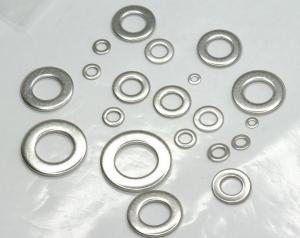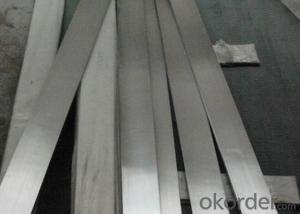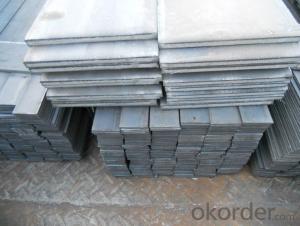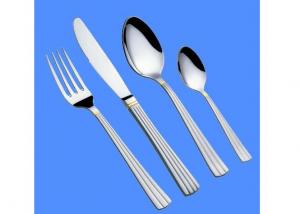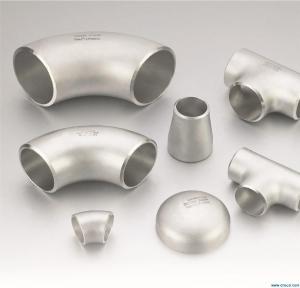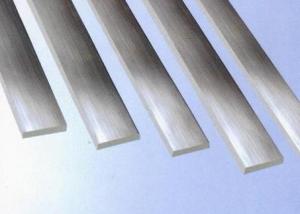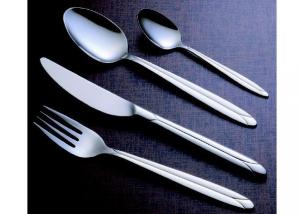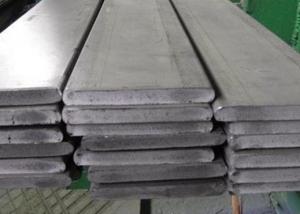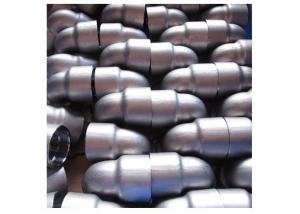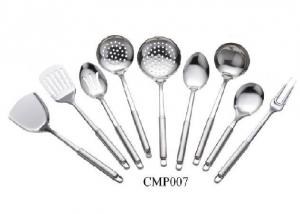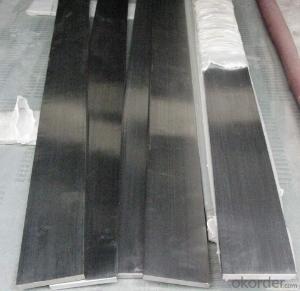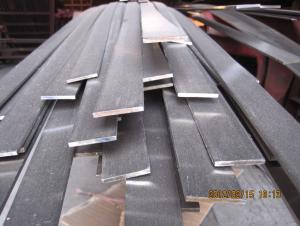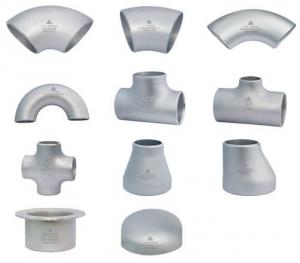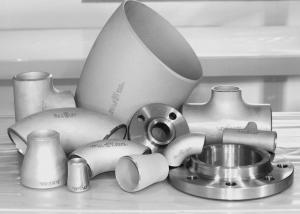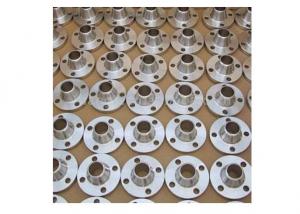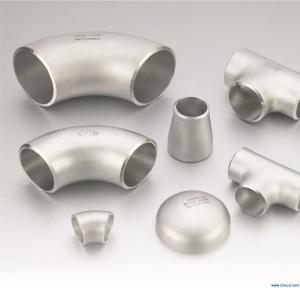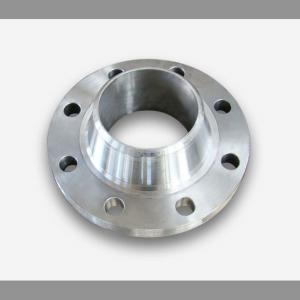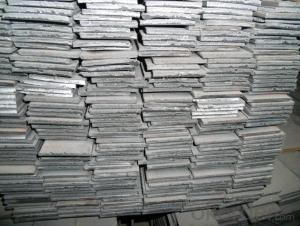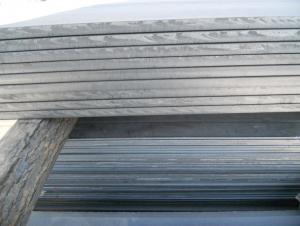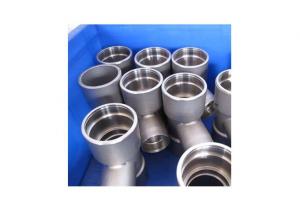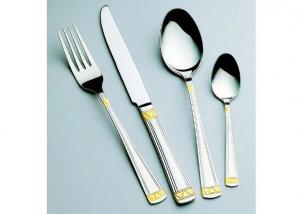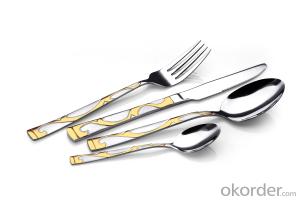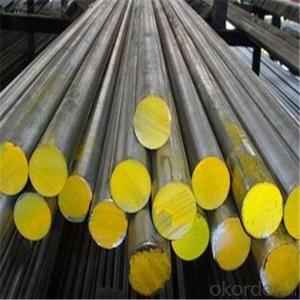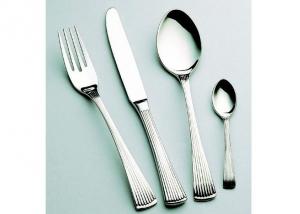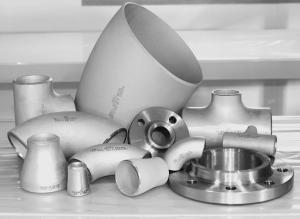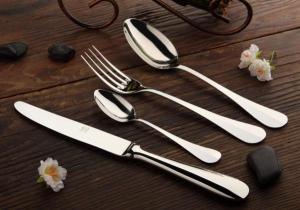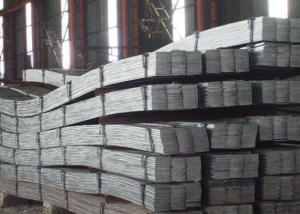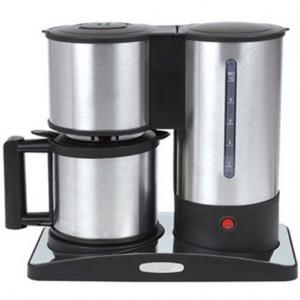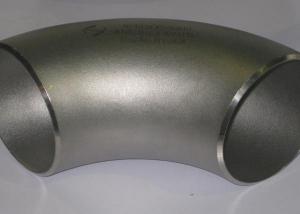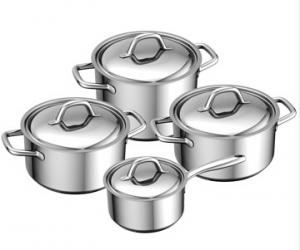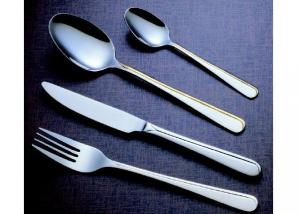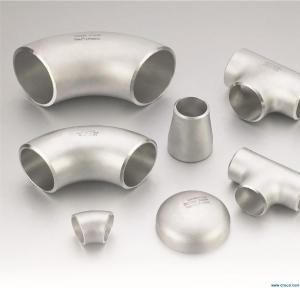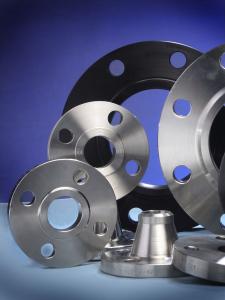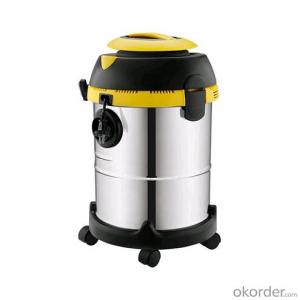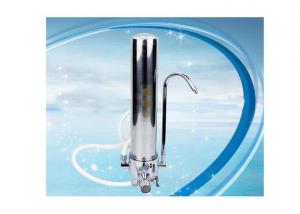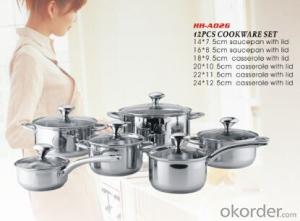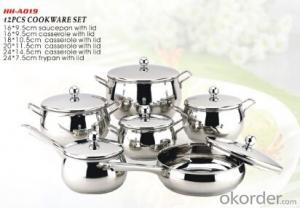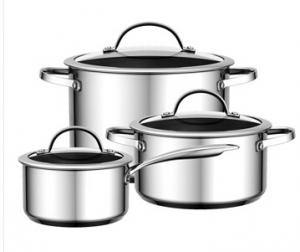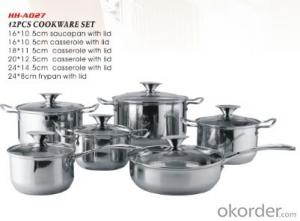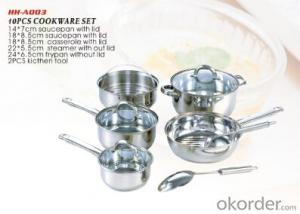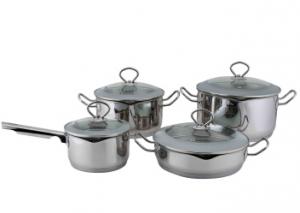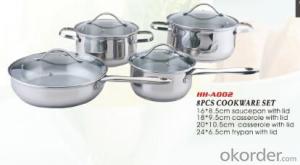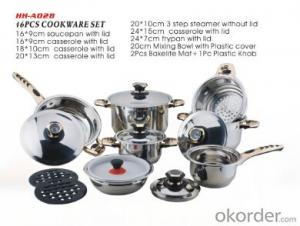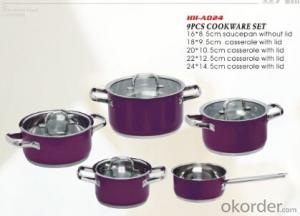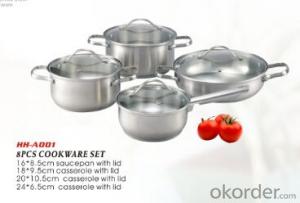Stainless Steel Flat Washers
Stainless Steel Flat Washers Related Searches
Stainless Steel Washer Stainless Steel Fender Washers Stainless Steel Diswasher Stainless Steel Apliances Stainless Steel Kitchens Stainless Steel Blenders Stainless Steel Cloths Stainless Steel Cutters Stainless Steel Flasks Stainless Steel Sets Stainless Steel Appliance Stainless Steel Furniture Stainless Steel Wash Tub Stainless Steel Welders Stainless Steel Shelves Stainless Steel Toasters Stainless Steel Kitchenware Stainless Steel Blender Stainless Steel Kitchen Shelves Stainless Steel Wash Basin Stainless Steel Hardware Stainless Steel Welder Stainless Steel Wall Shelves Stainless Steel Brushes Stainless Steel Weights Stainless Steel Conveyors Stainless Steel Plates Stainless Steel Strainers Stainless Steel Scissors Stainless Steel TanksStainless Steel Flat Washers Supplier & Manufacturer from China
Stainless Steel Flat Washers are a type of hardware component that are widely used in various industries for their durability and resistance to corrosion. These washers are typically made from stainless steel, which provides them with a high level of strength and resistance to rust, making them ideal for use in both indoor and outdoor applications.Stainless Steel Flat Washers are commonly used in applications where a strong and secure connection is required between two components. They are often found in construction, automotive, and aerospace industries, where their ability to withstand harsh conditions and resist corrosion is highly valued. These washers are designed to distribute the load evenly across the joint, reducing the risk of damage or failure. Additionally, their use can help prevent vibrations and noise, making them an essential component in many mechanical systems.
Okorder.com is a leading wholesale supplier of Stainless Steel Flat Washers, offering a vast inventory of these essential components. With a commitment to providing high-quality products at competitive prices, Okorder.com ensures that customers have access to the materials they need for their projects. By partnering with Okorder.com, customers can benefit from a reliable source of Stainless Steel Flat Washers, ensuring that their projects are completed with the utmost efficiency and quality.
